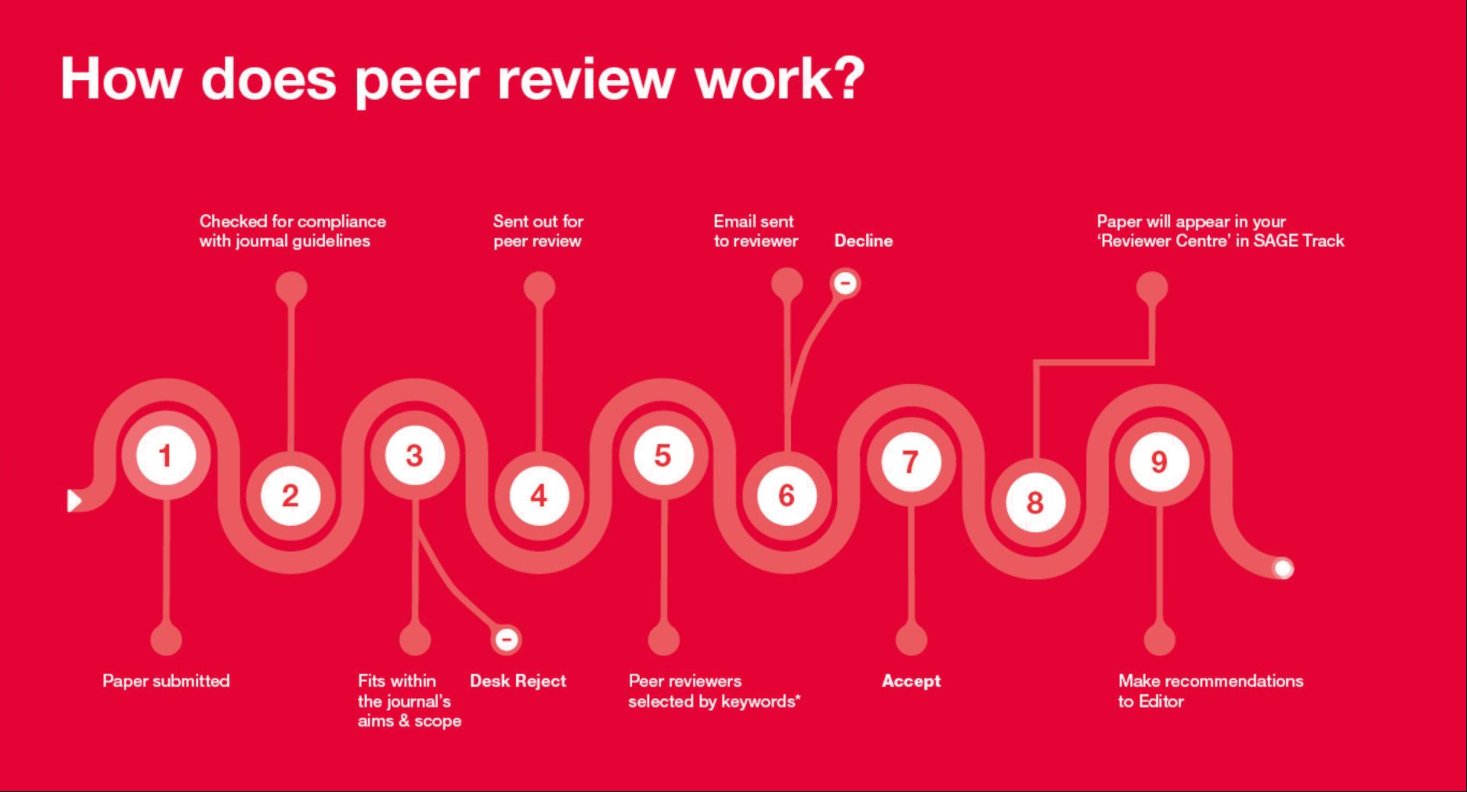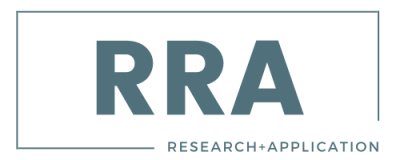Peer review is essential to the social science process and is the most important means for ensuring research validity and integrity. As an academic community, scholars advance the field by contributing expertise to the review process. This is an important activity, and the Review of Religious Research invites experienced and emerging scholars to serve as reviewers. Whether new or experienced, the following sections provides reviewer recommendations and tips.
Reviewer Recommendations
- Start with a summary of the main point of the research and the major conclusions in a sentence or two. If the purpose is not clear, state this.
- Adequacy of theoretical framework and literature review. Any published work missing the reviewer can alert the author to check? Does the author make a good case that this study builds well on other research but also presents new insights?
- Adequacy of method. In collecting the data is the sample representative? Was the data analyzed well and presented effectively?
- Discussion and conclusions. Does the data support the conclusions drawn? What are the implications or importance of this research for the area/topic of investigation? What new questions for research does it raise?
- Writing and organization. Apart from minor edits, are the sentences clear? Is the paper well organized and presented?
Peer Review Process

Peer Reviewer Resources
- SAGE Reviewer’s Guide
- Berk et al. 2016a – Preparing a Referee Report: Guidelines and Perspectives
- Berk et al. 2016b – How to Write an Effective Referee Report and Improve the Scientific Review Process
- Stoop 2018 – How to Give Constructive Feedback in Peer Review
- Ethical Guidelines for Peer Reviewers by the Committee on Publication Ethics
New Publisher
The Review of Religious Research is excited to announce that the journal is soon to be published by SAGE. SAGE is one of the largest independent scholarly publishers and has a strong track-record of partnering with hundreds of scholarly professional societies and associations to publish their journals. Important in this publishing partnership, RRA is encouraged that SAGE celebrates the social and behavioral sciences and endeavors to support quality research that transforms society and fosters understanding of people, groups, and cultures. Read the SAGE story. Additionally, the SAGE founder – Sara Miller McCune – embodied a focus on research methods within the organization through the Little Green Book series, which many regard as the premier reference set of how to tips on conducting quality social science research. Read the SAGE methods story. In this context, the RRR will be at home in continuing to publish high-quality social science research that engages in quantitative, qualitative, and mixed methods analyses.
Sage Manuscript Guidelines
SAGE Publishing disseminates high-quality research and engaged scholarship globally, and we are committed to diversity and inclusion in publishing. We encourage reviewers from a diverse range of countries, backgrounds, methods, and topic expertise.
Reviewers are advised to read the SAGE Reviewer’s Guide, as well as the SAGE Peer Review process overview. SAGE is a member of the Committee on Publication Ethics.
Read the RRR Call for Papers and Aims and Scope for more information about the journal. Additional details and information about how to review manuscripts in the ScholarOne™ Manuscripts system will be forthcoming, and we appreciate your patience during this transition.
Please contact the Editor-In-Chief with questions:
